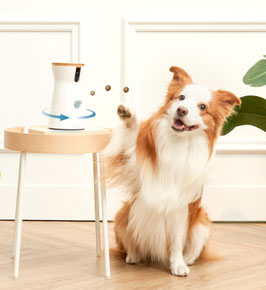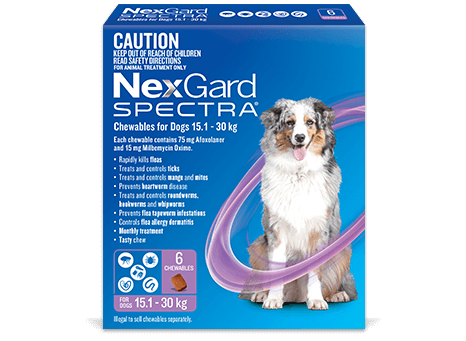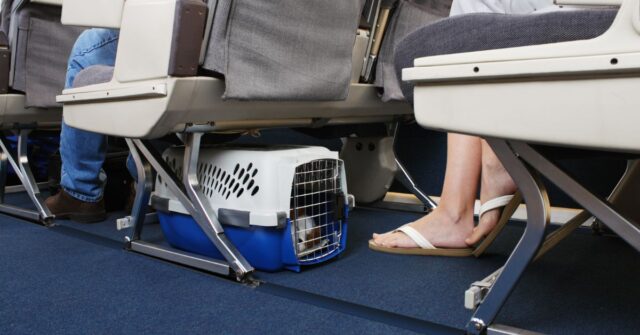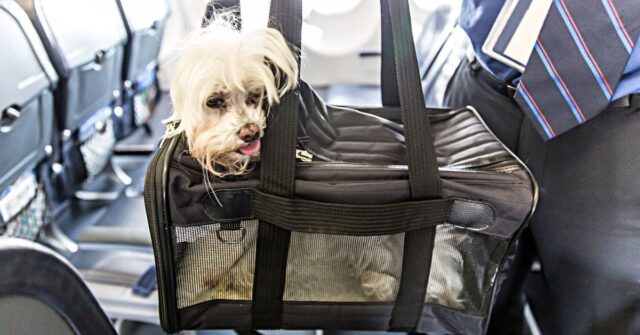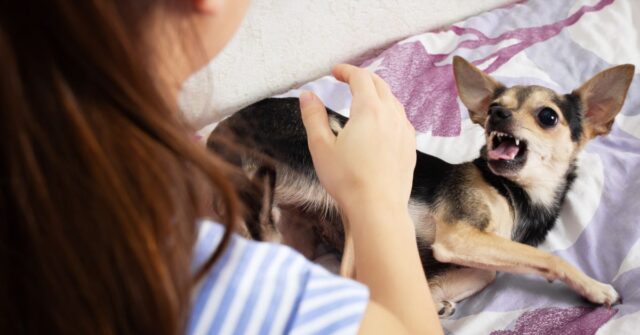Dog shows are a fascinating mix of skill, dedication, and camaraderie.
Whether you’re new to the circuit or have a seasoned show dog, understanding the rules and guidelines is essential for showcasing your dog’s best qualities.
This comprehensive guide provides the essentials for preparing, training, and competing in dog shows across Australia.
From registration and equipment to ring etiquette and advanced competitions, this article will equip you with the knowledge to confidently step into the ring and enjoy a rewarding journey with your canine companion.
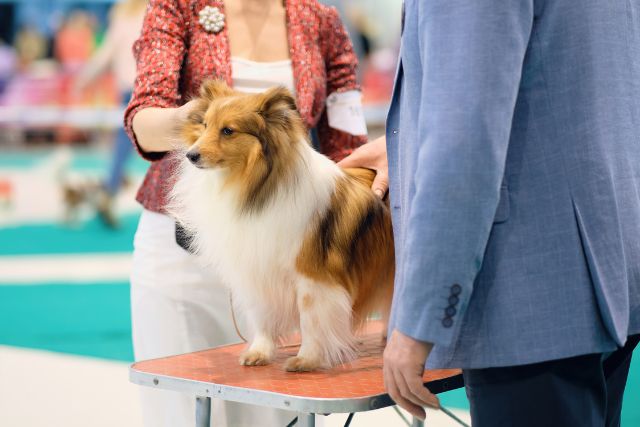
Introduction To Dog Shows
Dog shows are exciting events where canines and their handlers demonstrate their talents, skills, and conformance to breed standards.
These competitions range from local to international, attracting thousands of participants and spectators.
Whether you’re a new dog owner or an experienced handler, learning about the different competitions and their benefits will help you make the most of the experience.
Understanding Different Types Of Competitions
There are various competition types, each focusing on different skills. Conformation shows judge dogs based on breed standards, while agility contests focus on speed and obedience.
Herding trials test working breeds’ instincts, and obedience trials highlight a dog’s training and discipline. Identify the competition type that best suits your dog’s strengths and temperament.
Benefits Of Competing In Dog Shows
Competing can strengthen the bond between you and your dog, enhance training, and provide valuable feedback from judges.
It’s also a fantastic way to network with fellow enthusiasts, learn about breeding practices, and boost your dog’s reputation for future breeding or performance opportunities.
How To Prepare For A Dog Show
Preparation is crucial to success in dog shows. Start by gathering required documents, investing in quality equipment, and practicing essential grooming techniques.
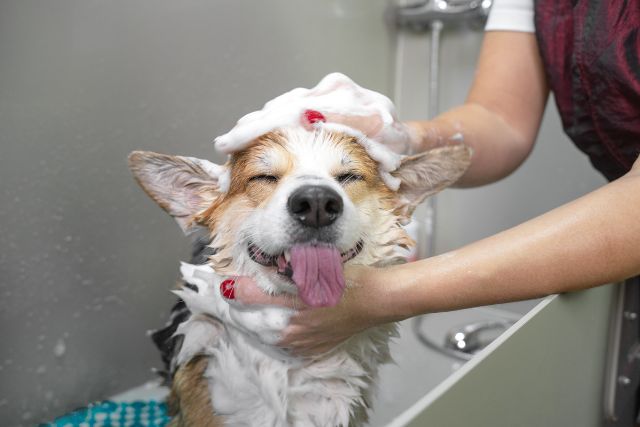

Essential Documents And Registrations
You will need your dog’s registration documents, health certificates, and show entry forms. Register your dog with your local canine organization and ensure all details are accurate.
Also, familiarize yourself with the competition’s rules and registration deadlines to avoid any last-minute surprises.
Necessary Equipment And Supplies
Essential supplies include appropriate leads, grooming tools, water bowls, and your dog’s exhibit number card.
Also, bring your canine’s favourite toys or treats to reward them and keep them relaxed throughout the event. Invest in quality grooming tables, crates, or pens to secure your dog when not in the ring.
Training And Grooming Your Dog
Training should start early, focusing on basic obedience and show-specific skills like gaiting, stacking, and standing still for inspection.
Grooming practices vary by breed, so consult breed clubs or experienced groomers for advice. Regular brushing, nail clipping, and coat trimming are key to maintaining a polished appearance.
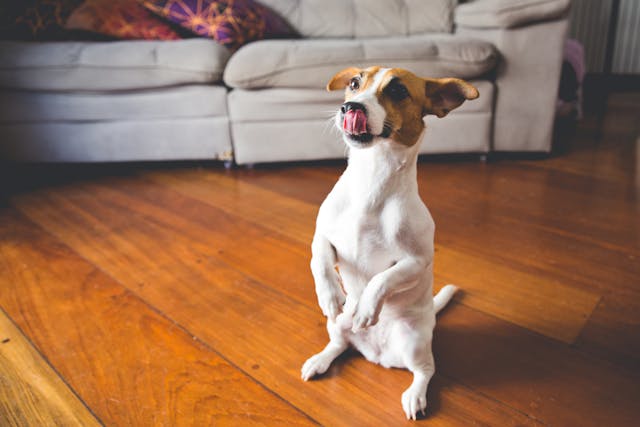

Entering And Competing In A Dog Show
Entering and competing in a show requires careful attention to detail. Follow the entry process closely and remember to conduct yourself with professionalism in the ring.
Registration And Entry Process
Most shows offer online registration. Read the instructions carefully and double-check your entries before submitting them.
An email confirmation will usually be sent once your entries are lodged, and it’s vital to verify your dog’s details. On show day, ensure you have your exhibit number and arrive early.
Ring Procedure And Etiquette
Familiarize yourself with the judging schedule to understand when your breed is being evaluated.
Listen carefully to the steward’s instructions, answer clearly when your number is called, and respect other handlers. Focus on your dog’s performance while following the judge’s directions.
Role Of Judges And Stewards
Judges evaluate dogs based on breed standards and performance. Stewards assist with ring management, calling dogs for their classes, and recording results.
Be courteous and follow their instructions promptly to help the event run smoothly.
Dog Show Classes And Judging Criteria
Understanding class types and judging standards is essential to maximizing your dog’s chances of success.
Age-Based Classes
Most shows divide classes by age, such as Baby (3-6 months), Puppy (6-12 months), and Junior (12-18 months). Each class may have placings from first to third, or more in larger specialty shows.
Challenge Points And Titles
At championship shows, dogs are awarded challenge points for winning Best Dog or Best Bitch.
Accumulating 100 points qualifies your dog for the Australian Champion title, which remains a permanent honour. Titles like “Ch.” are then added to your dog’s name.
Judging Standards For Different Breeds
Judges assess each breed’s physical formation, movement, and temperament according to national and international standards.
Smaller breeds may be judged on tables, while larger breeds are assessed on the ground. Understanding these standards and training your dog accordingly is key to success.
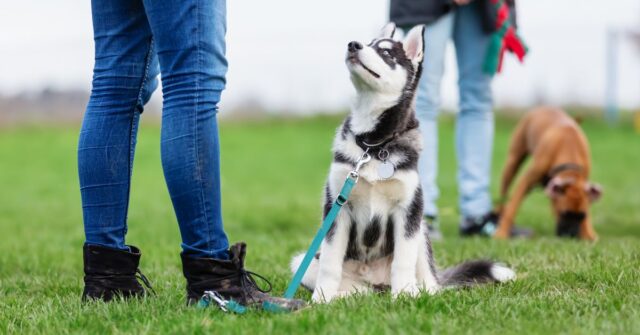

Show Day: What To Expect
Show day is busy and requires careful planning. Create a checklist of things you’ll need to keep your dog comfortable and ensure a smooth performance.
Checklist For Show Day
Bring grooming tools, a chair, and shade for yourself and your dog. Food, water, and treats are essential to keep your dog calm.
Carry documentation, exhibit numbers, and your state canine body membership card.
Best Practices While Waiting And Competing
Listen attentively for your class to be called and remain near the ring while waiting. Watch the judging pattern to understand what is expected.
Answer promptly when your number is called and give your dog plenty of room while gaiting.
Advanced Competitions And Titles
For seasoned competitors, more advanced challenges like General Specials and Junior Handler competitions offer additional excitement and learning opportunities.
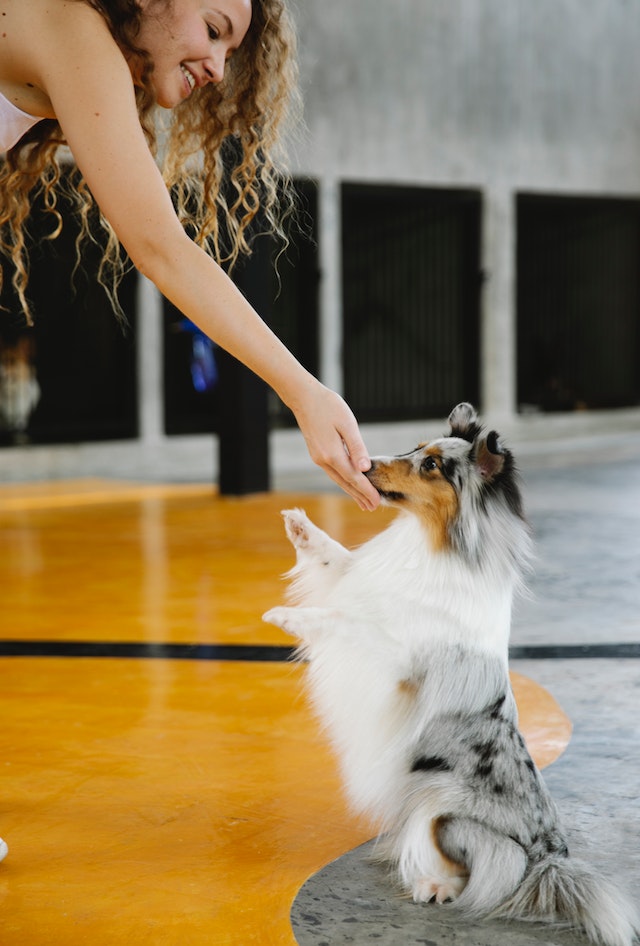

General Specials And Best In Show
Winners of the Best of Breed and Best in Group titles compete in the General Specials ring for Best in Show. This prestigious title brings recognition and prestige to any dog and handler.
Junior Handler Competitions
Junior Handler events provide young people (aged 7-18) with the opportunity to demonstrate their skills. These competitions emphasize fun and learning while fostering sportsmanship and a love for dogs.
Conclusions And Additional Resources
Dog shows are a rewarding way to deepen your bond with your canine companion and learn more about breeds and training.
With the right preparation and positive mindset, you’ll find success and joy in the ring.
Summary Of Key Takeaways
Be well-prepared, respect the rules and etiquette, and enjoy the event. Every competition offers something valuable, whether it’s feedback from judges, networking, or new friends. Best of luck!



